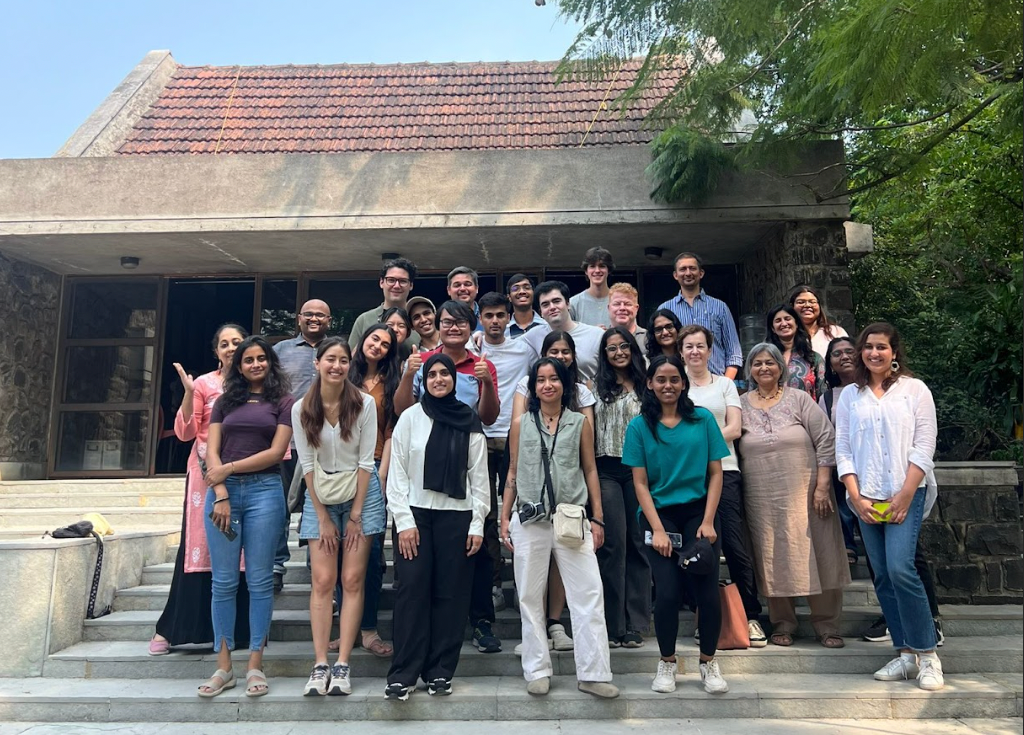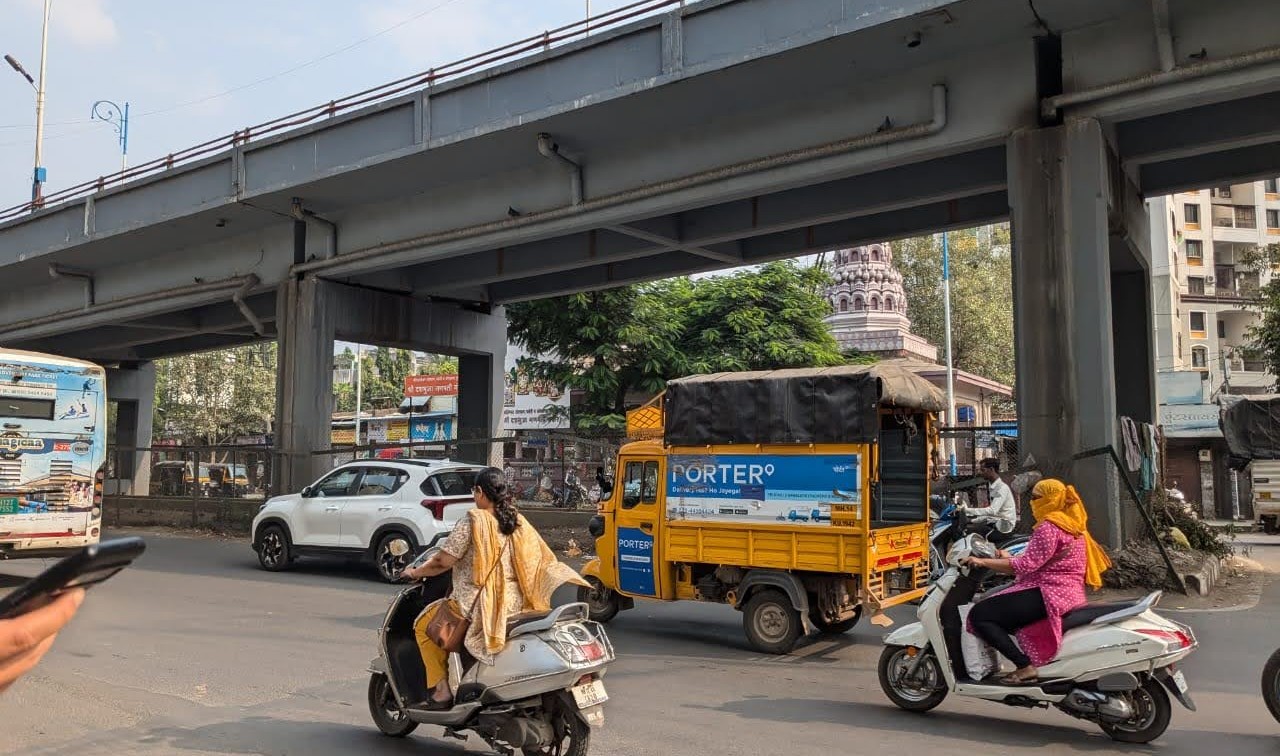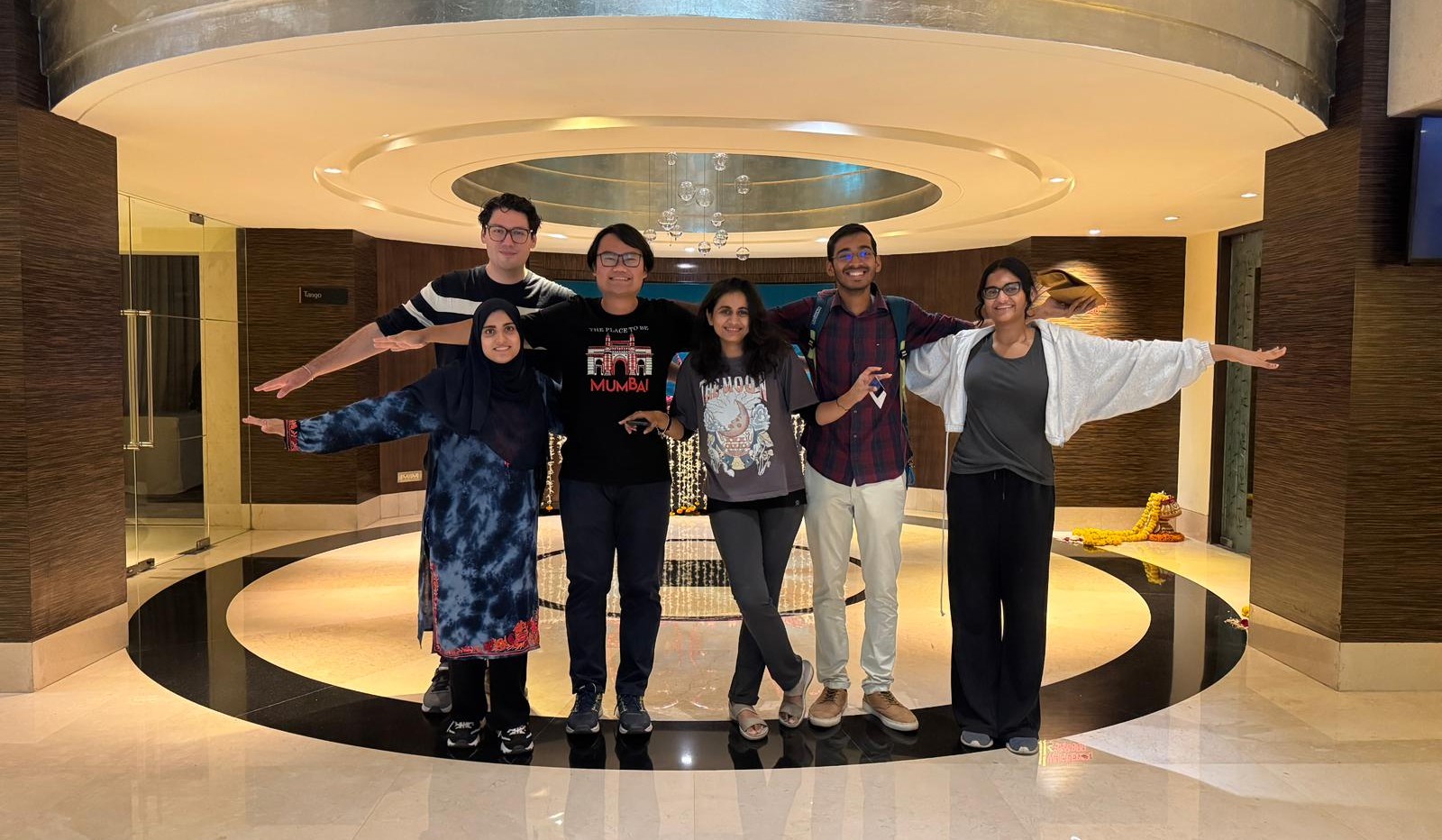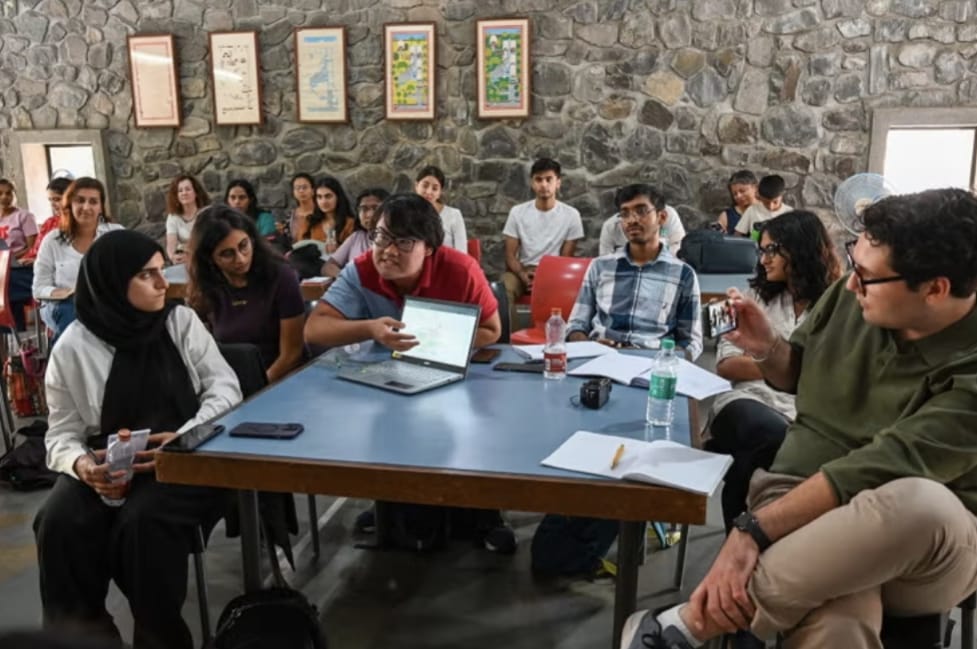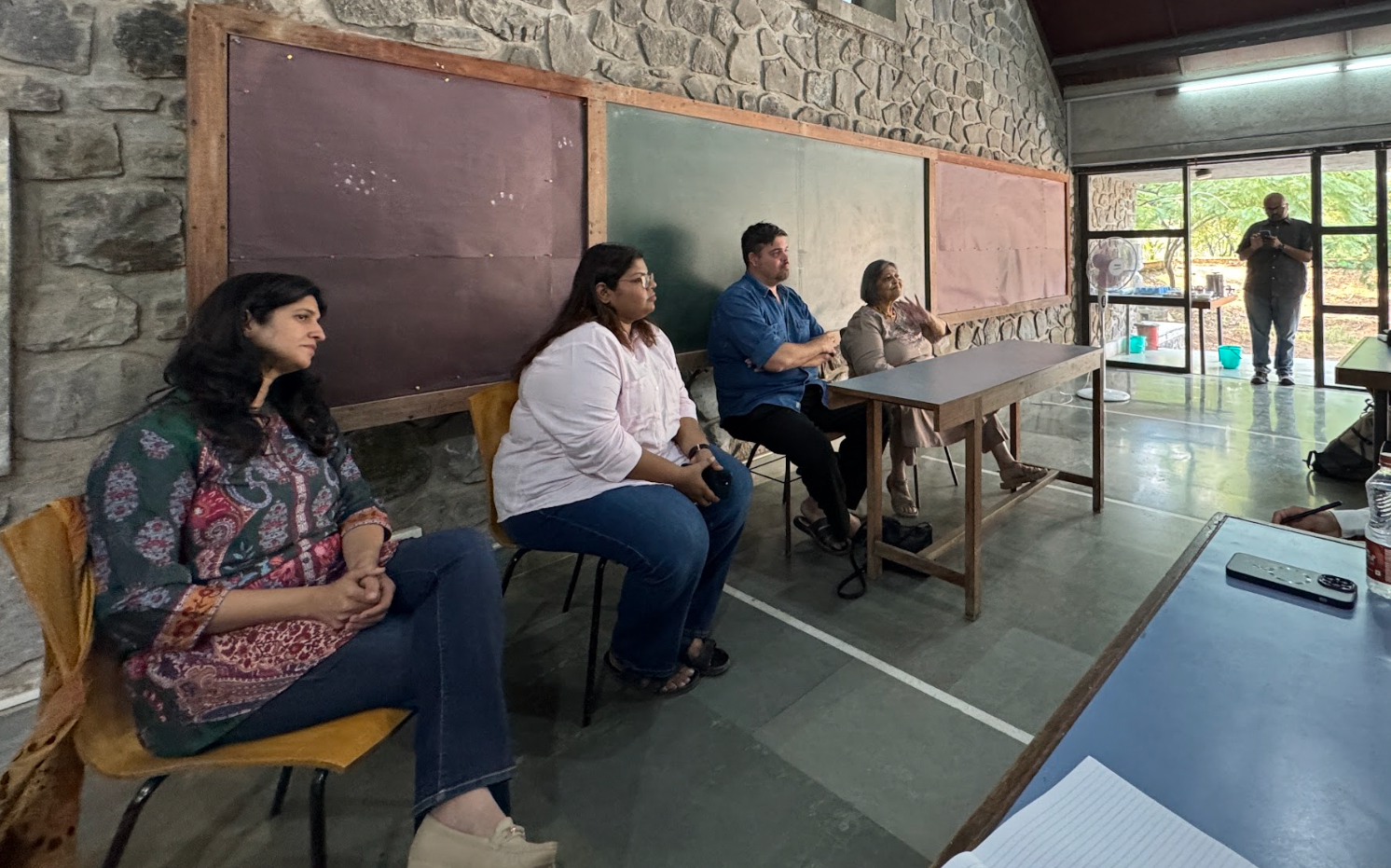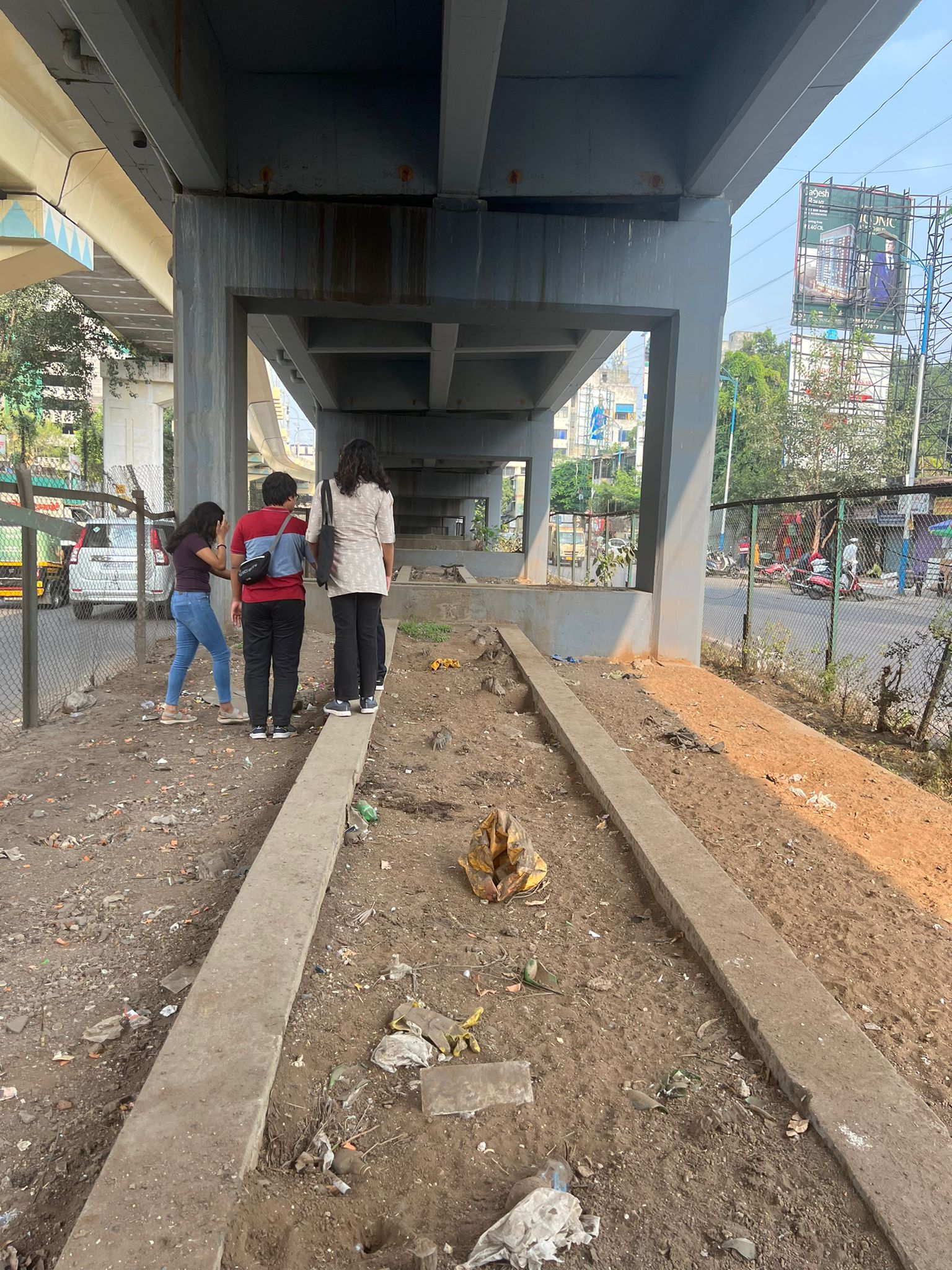About The Project - Repurposing Areas Under Flyovers in Pune, India
Urban flyovers are typically constructed to solve mobility challenges in rapidly growing cities.
However, the spaces beneath these structures often become neglected, underutilized, or misused, thus
becoming urban voids.
Our community partner, RannNiti, has identified through their preliminary research that these spaces
present both a challenge and an opportunity for the urban realm.
Thus, our collaboration aims to exploit this potential by reimagining these voids as dynamic,
multifunctional public spaces.
RannNiti is a
multidisciplinary impact and design agency, which works with changemakers from the development,
public and legislative sectors in the capacity of impact advisors.
Our partnership was focused on understanding local context and creating a mutually viable solution
that can be replicated within Pune and outside of it.
Guided by a field visit in October 2024, coupled with stakeholder interviews and desktop research,
we developed a website guide
for creating safe, and inclusive public spaces.
It includes an overview of urban voids, case studies from global
contexts, and a comprehensive framework that addresses stakeholder engagement, design
alternatives, and effective governance.
Our deliverable aims to foster community collaboration, municipal awareness, and local
entrepreneurship, hence contributing to the broader urban fabric of Pune.
